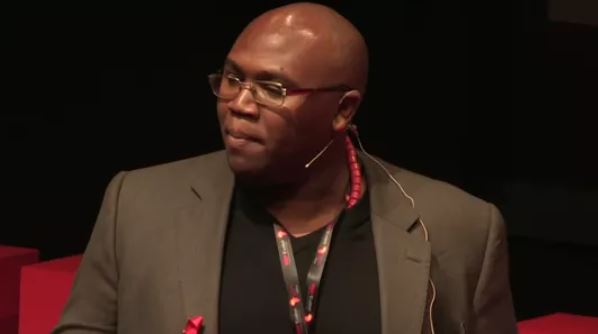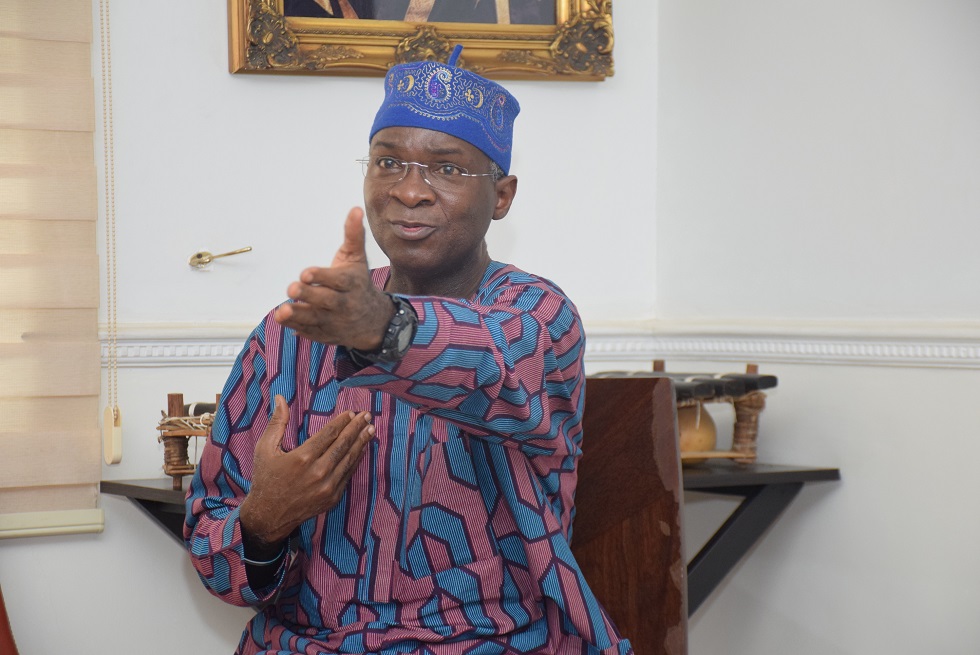Among the army of poets that Africa boasts of, Ikeogu Oke is one of the new generation wordsmiths whose repertoire of poems will captivate the mind of the most critical aesthete.
A writer and former journalist, Oke died of an undisclosed ailment at the National Hospital in Abuja on Saturday.
The 51-year-old was well known for his fervour and love for the arts, which he developed an interest in, as far back as 1984, when he was in his late teens.
His poetry and short fiction have been published in the US, UK, Nigeria and India since 1988 when his talent started blooming.
Advertisement
As an opinion writer, Oke contributed articles regularly to TheCable where he kept readers wanting for more.
Some of the articles he wrote for TheCable include ‘The merit of the PDP apology’, ‘A president and a heartbreak nation’, and ‘Appreciating the cash snake’.
Oke was largely inspired by the likes of Chinua Achebe, late Nigerian literary icon, and Niyi Osundare, a seasoned poet.
Advertisement
Here are some highlights in the life of the illustrious poet whose creativity burned brightly for all to see.
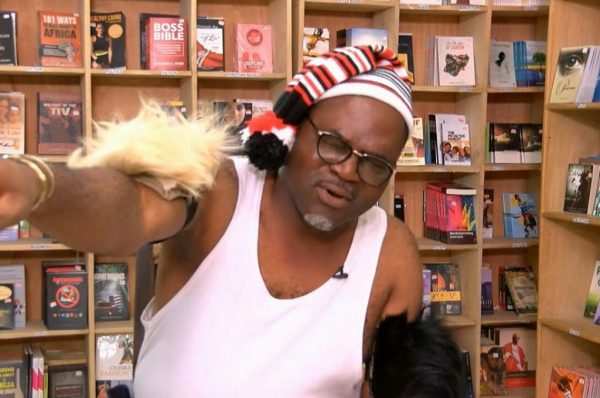
Recognition for hard work
In his career which spanned over three decades, Oke churned out quite a number of masterpieces which earned him due recognition.
In 2010, Nadine Gordimer, winner of the 1991 Noble Prize in Literature, selected ‘Salutes without Guns’, Oke’s second collection of poems, as her book of the year for the Times Literary Supplement.
Advertisement
Four years later, Oke was among four Nigerian poets whose works were picked to be featured in ‘The Second Genesis: An Anthology of Contemporary World Poetry’.
The poems of Nobel laureate Wole Soyinka, Uzor Maxim Uzoatu, a very close friend of Oke, and Obari Gomba were to be included in the publication.
Perhaps one of his most talked-about work is ‘The Heresiad,’ which earned him the top spot at the 2017 edition of the Nigeria Liquefied Natural Gas (NLNG) Prize for Literature.
The book, which was the sixth written by him, is described as an operatic poetry- written in drama and songs.
Advertisement
He was presented with a cash award of $100,000 for clinching the NLNG prize.
In a subsequent interview with Premium Times, the poet said the idea behind the poem was birthed in 1989 but the writings were only completed in 2016.
Advertisement
“I started writing the poem in 1989. In four years, I had a solid manuscript on which I worked intermittently down the years,” he said.
“After sending it to the publisher, I wrote six extra lines. I then called the publisher with a request to insert the new lines into the poem. He protested, understandably, explaining that he was almost through with the typesetting.
Advertisement
“But then, he relented after further persuasion and I updated the manuscript with the new lines and resubmitted it to him. This was in 2016. So it was 27 years from 1989 when I started the composition to 2016 when I wrote the last lines that I put in the poem.”
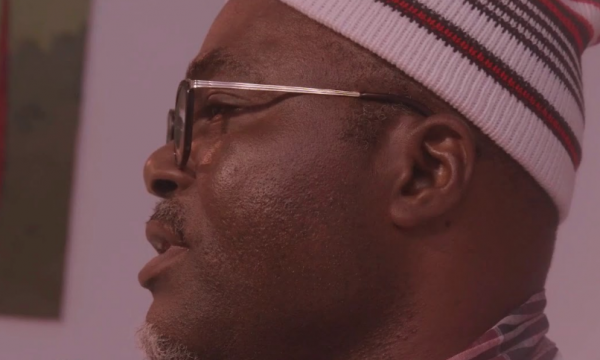
Advertisement
‘Poetry a sacrificial art form’
Not one to be drawn by the allure of money, Oke believed that poetry is a sacrificial art form that is self-gratifying and adds value to people’s lives.
The wordsmith believed that poets that seek material gain above the value of their work end up being disillusioned.
In his acceptance speech after winning the 2017 NLNG prize, he said of his career: “I am happy to be addicted to it as shown by my refusal to be swayed by such concerns (material gain).
“I have invoked the poem here hopefully to arouse the contemplation of how one’s resolve to pursue one’s dreams in spite of such concerns is the best decision that can lead to a fulfilled life.”

Strong narratives cloaked in beautiful poetry
“If the land of our fathers
stabs us like adders
are we still obliged to love it,
to nod our assent to its blind conceit,
and cultivate patriotism
in a loveless acre
massed with rocks?”
“It’s not in caution that man’s safety lies
Or in timid silence when he ought to speak.
An end awaits the valiant as the weak.
Even the dumb dies.” — From the poem, ‘Where I Was Born’.
Oke’s narratives were often brutally honest, speaking to real life issues, yet beautifully expressed in a musical form.
As a guest at the Abuja Writers’ Forum in 2011, Oke had said although life’s experiences are sometimes harsh, it can be depicted in writing without undermining the beauty of poetry.
“We can’t stop writing out of anger about our condition, or what we experience. The only thing is that we need to be conscious of making the product beautiful, because poetry is beautiful.”
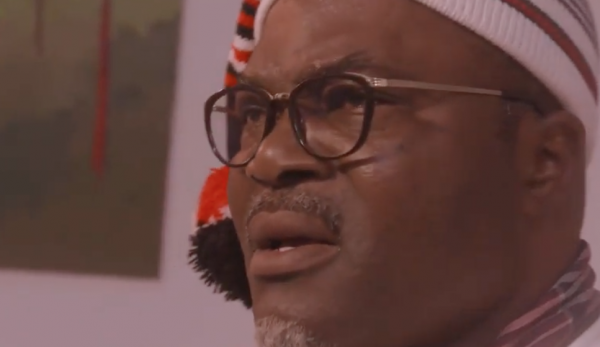
‘Photo-poetics’ as a new art form
In an interview with Modern Literature in December 2017, Oke said he has two works—a novel and a collection of poems in the offing.
He had also revealed plans to explore a new form of poetry which he called ‘photo-poetics’.
“I have completed a novel, New Jerusalem, and a new poetry collection, One Hundred Love Poems, in a form I call decades, by which I mean a poem of ten lines in a loose combination of free and bound verse. So there are one hundred decades in the collection. All love poems. Both have yet to be published,” he said.
“I am currently experimenting on a new genre of poetry I call photo-poetics, simply defined as a blend of photography and poetry.
“Ideally, in photo-poetics the photograph and the poem are so complementary that the poem relies on the photograph for its full comprehension; if you take away the photograph, the meaning of the poem unravels somewhat.”
If his dreams are anything to go by, Oke’s death would not put an end to his vision.
His young daughter who inherited her father’s creative abilities — and many others inspired by him — would “carry the torch” and make sure his dreams become a reality.





